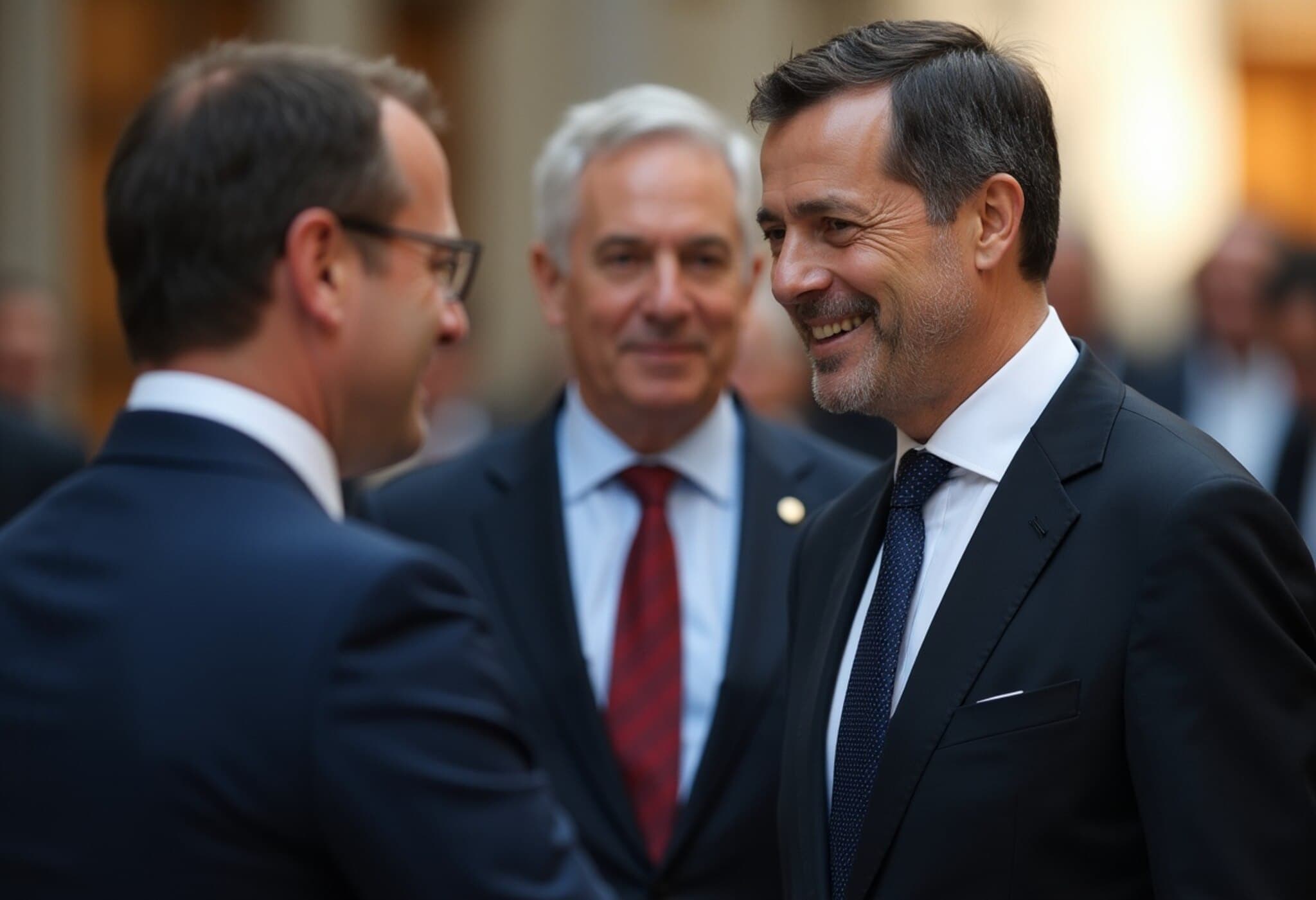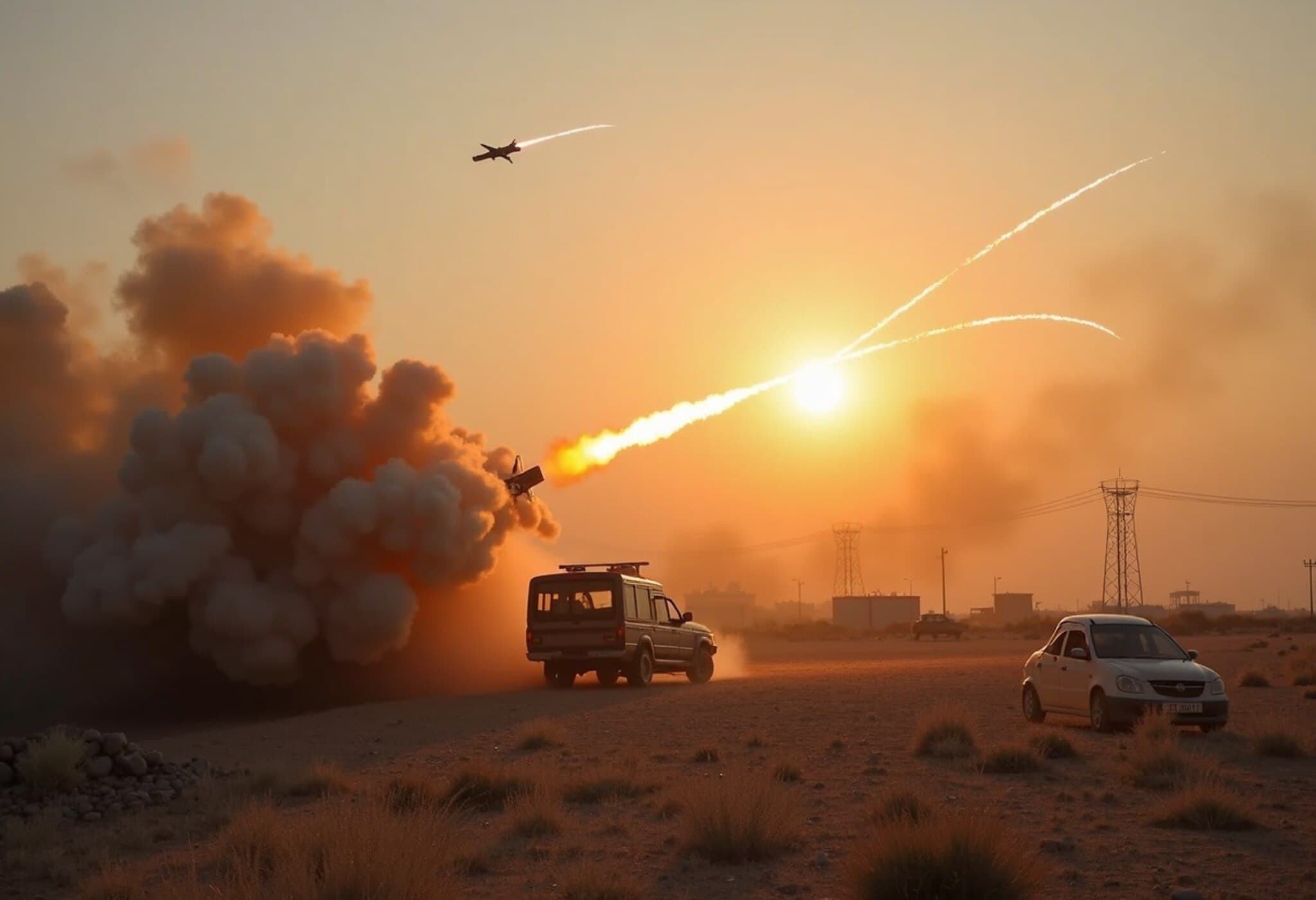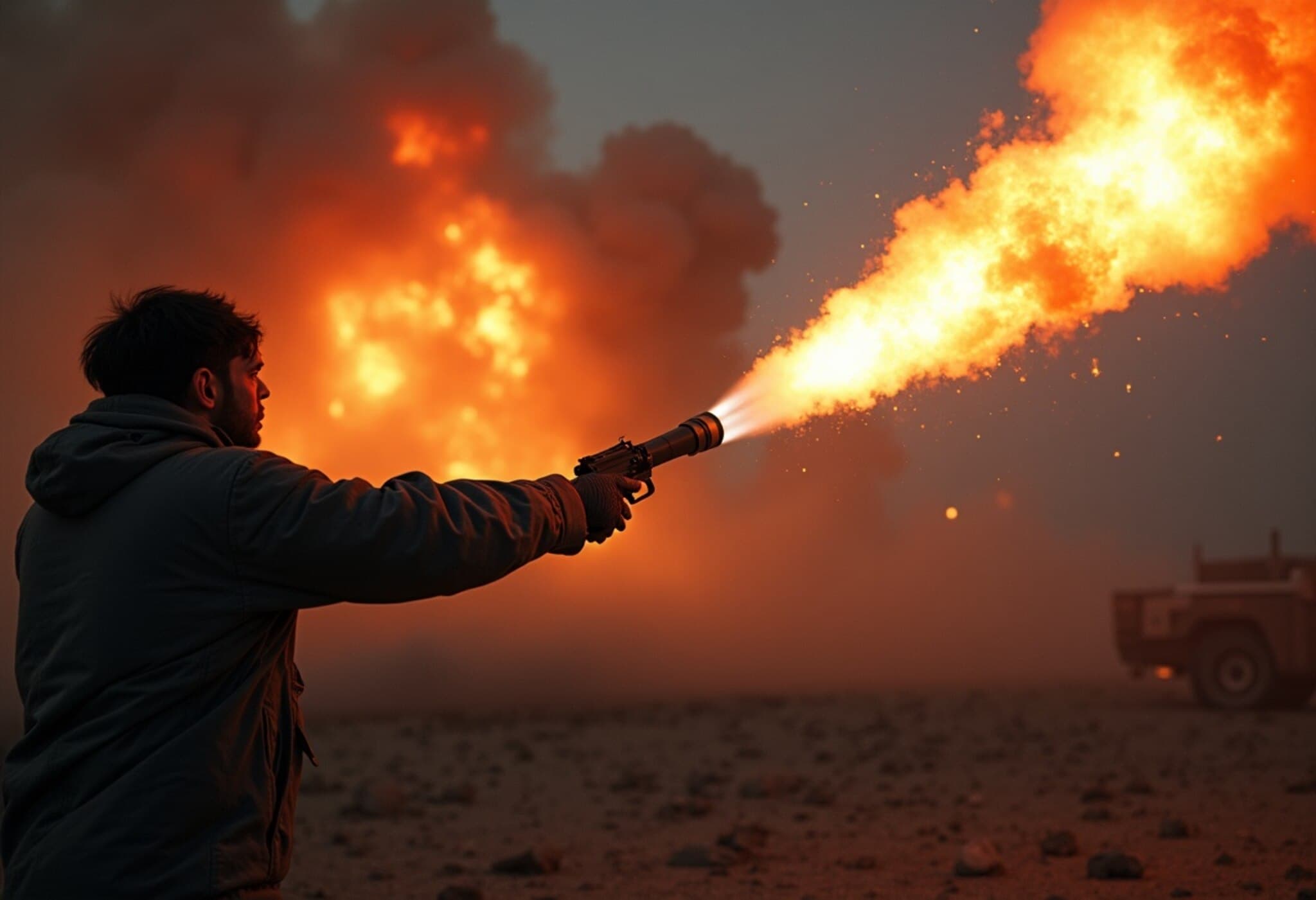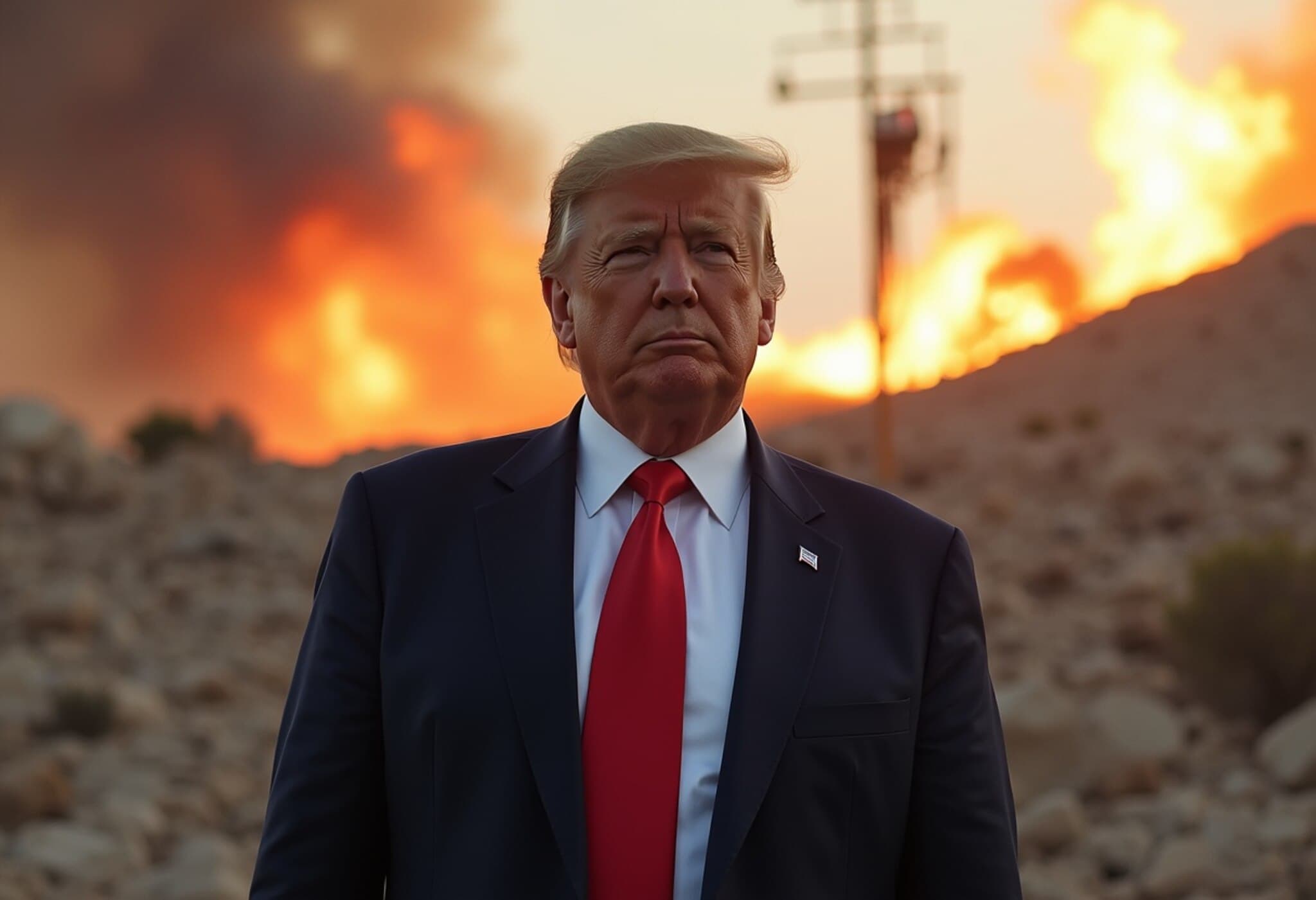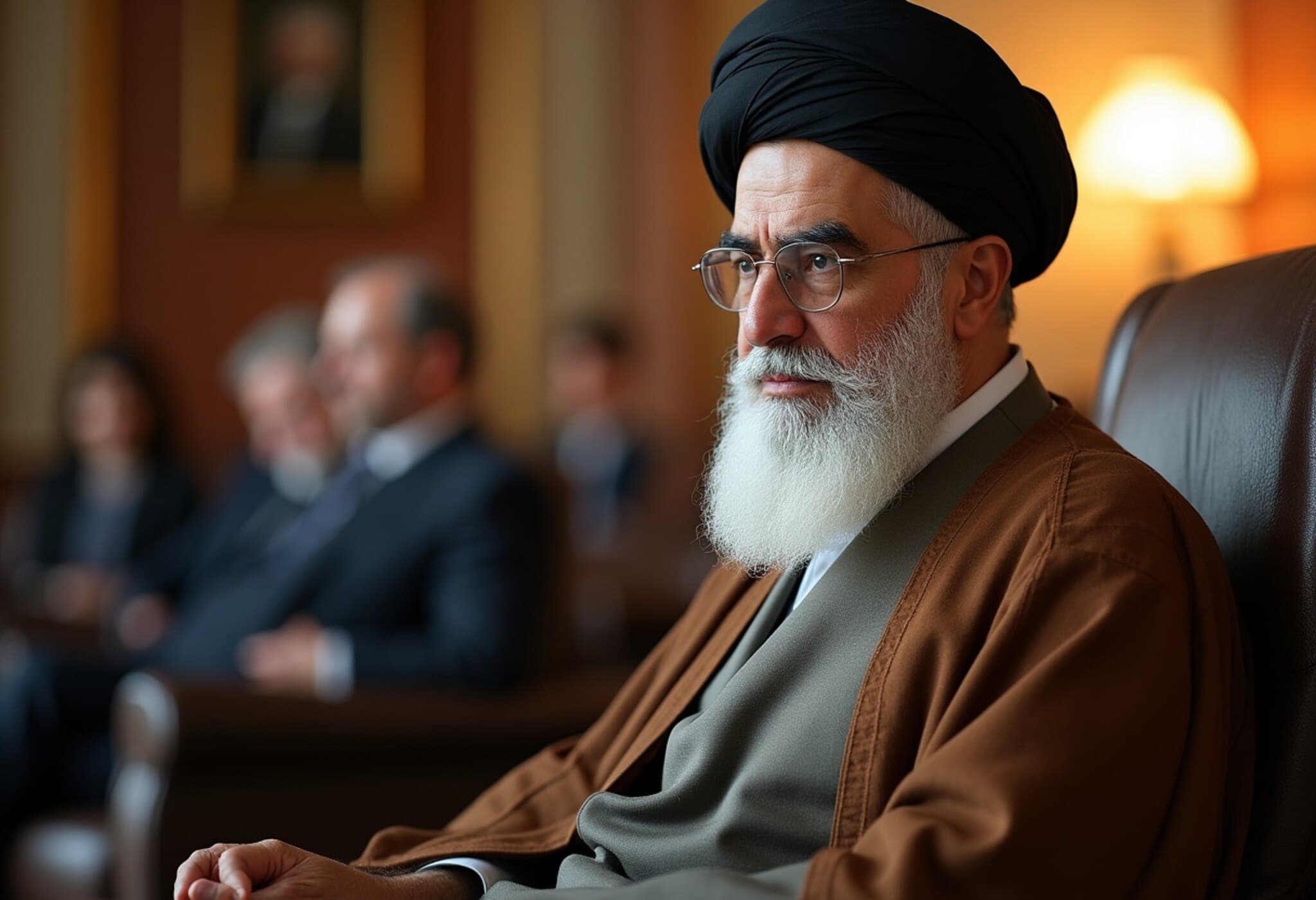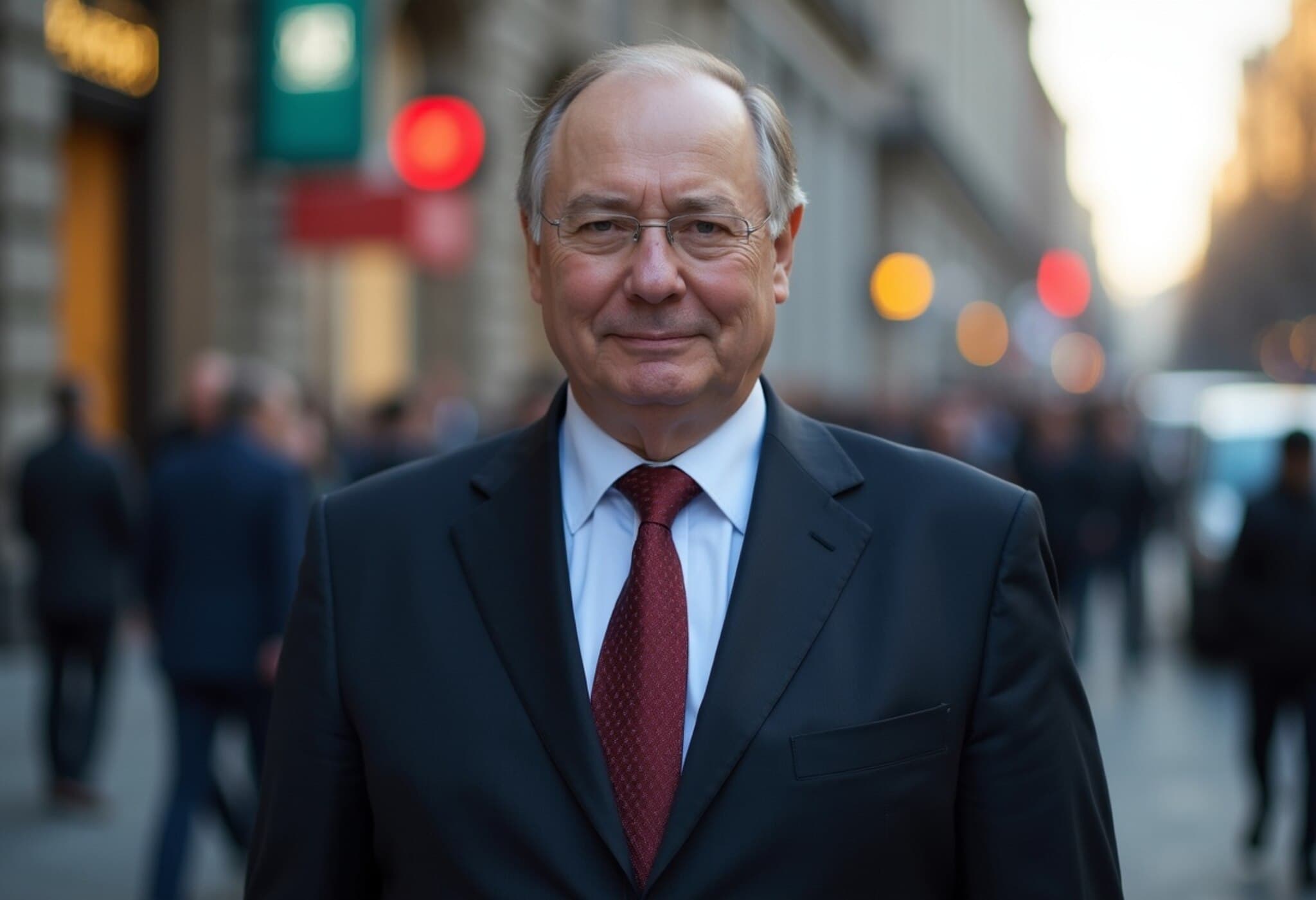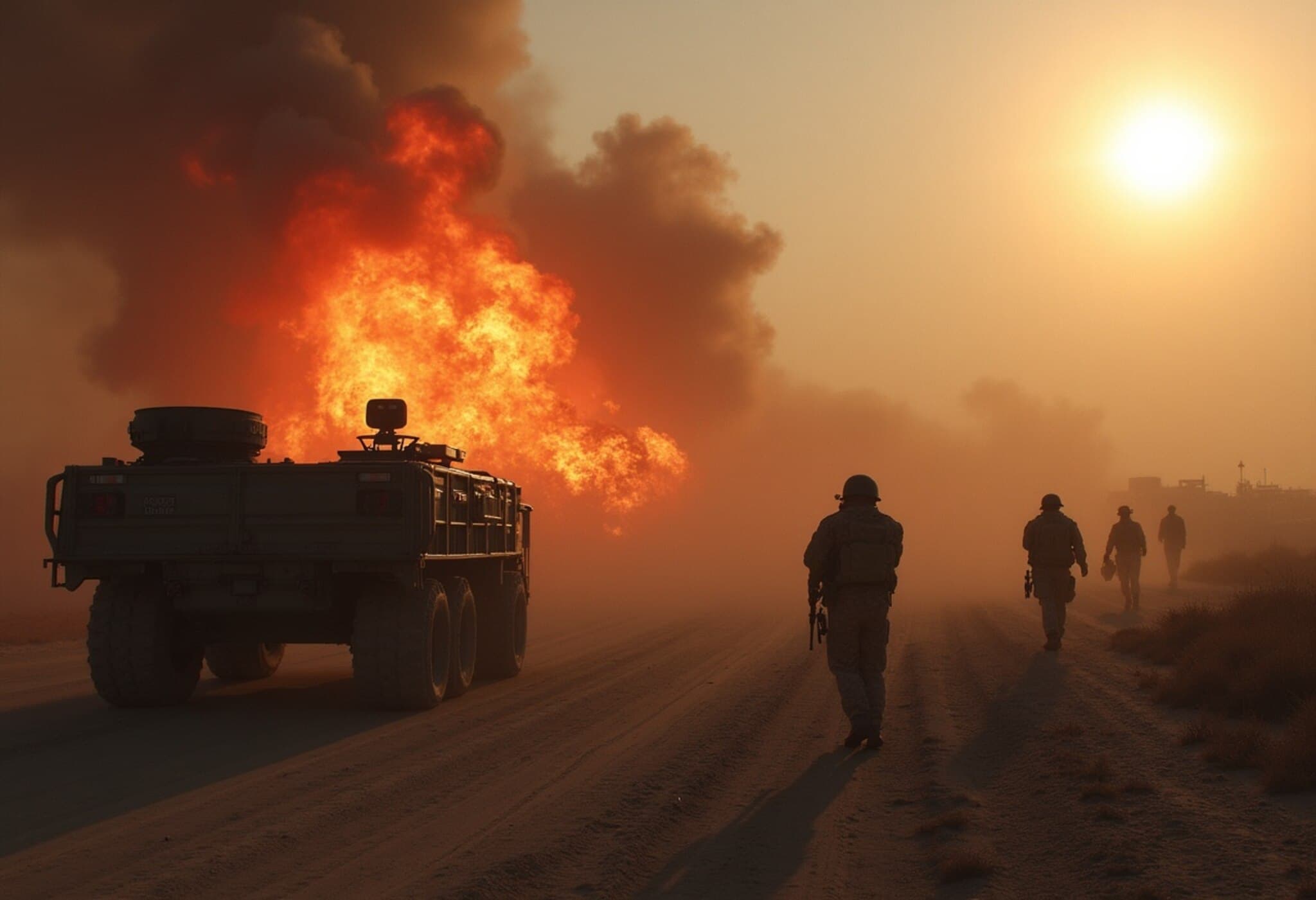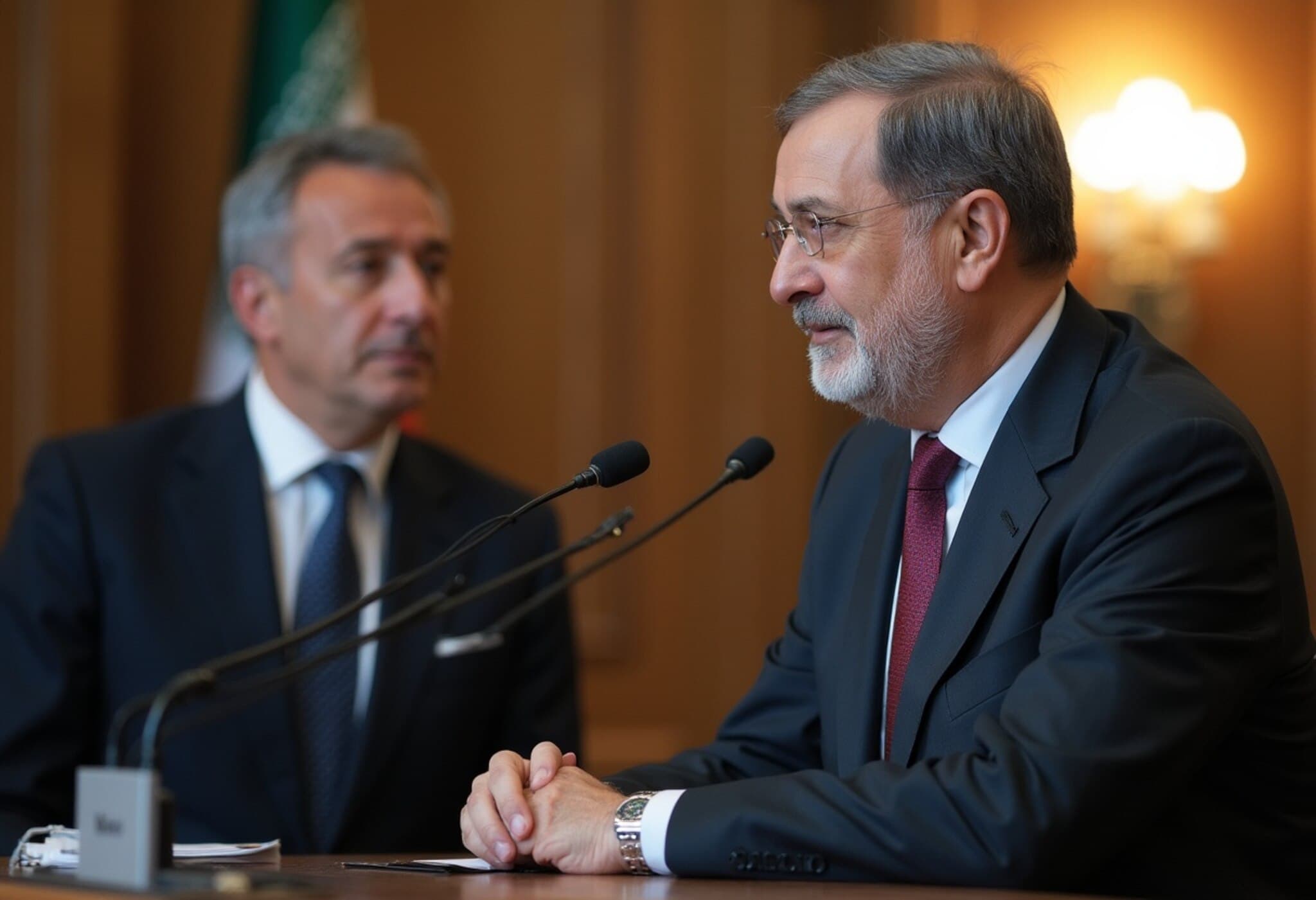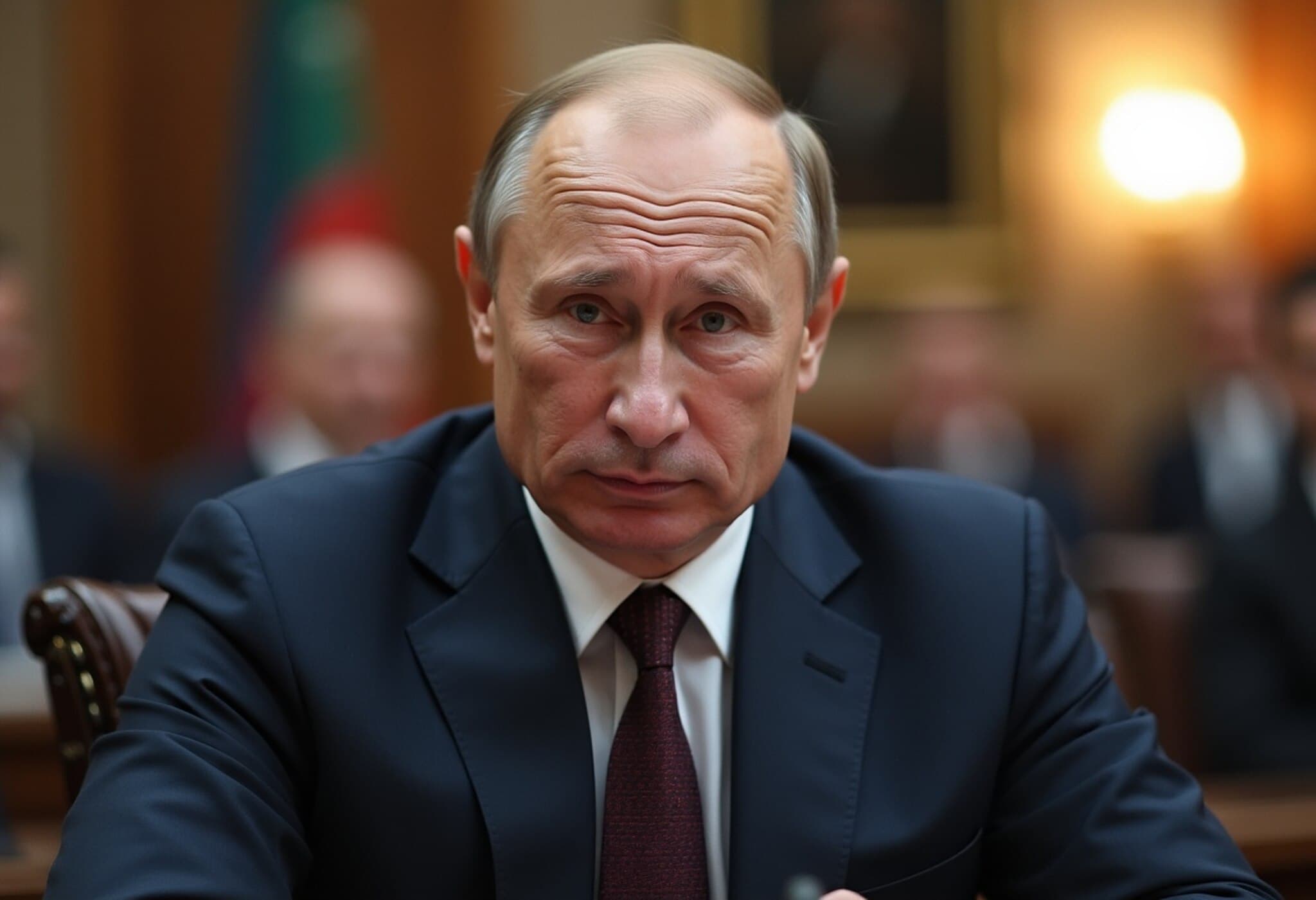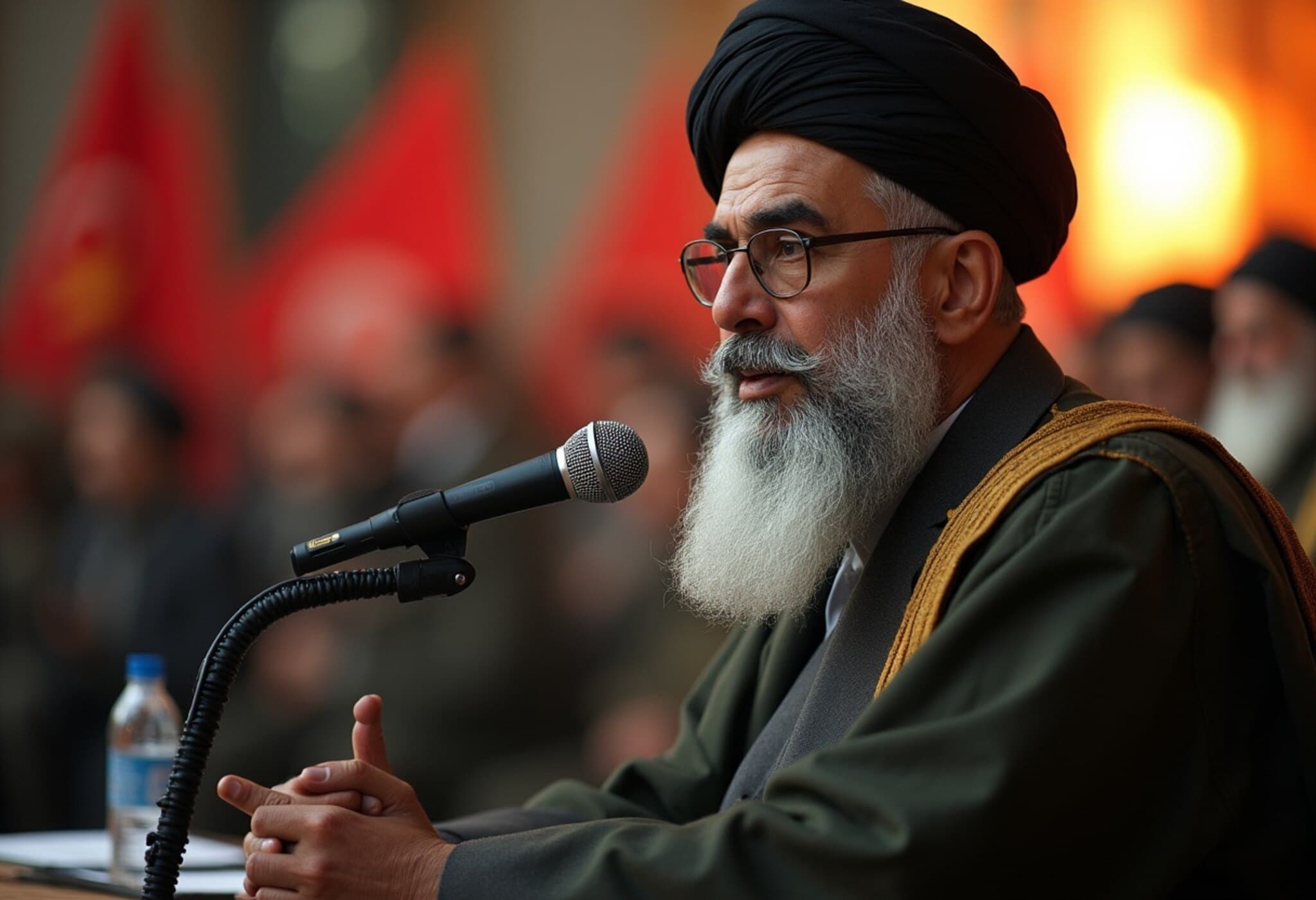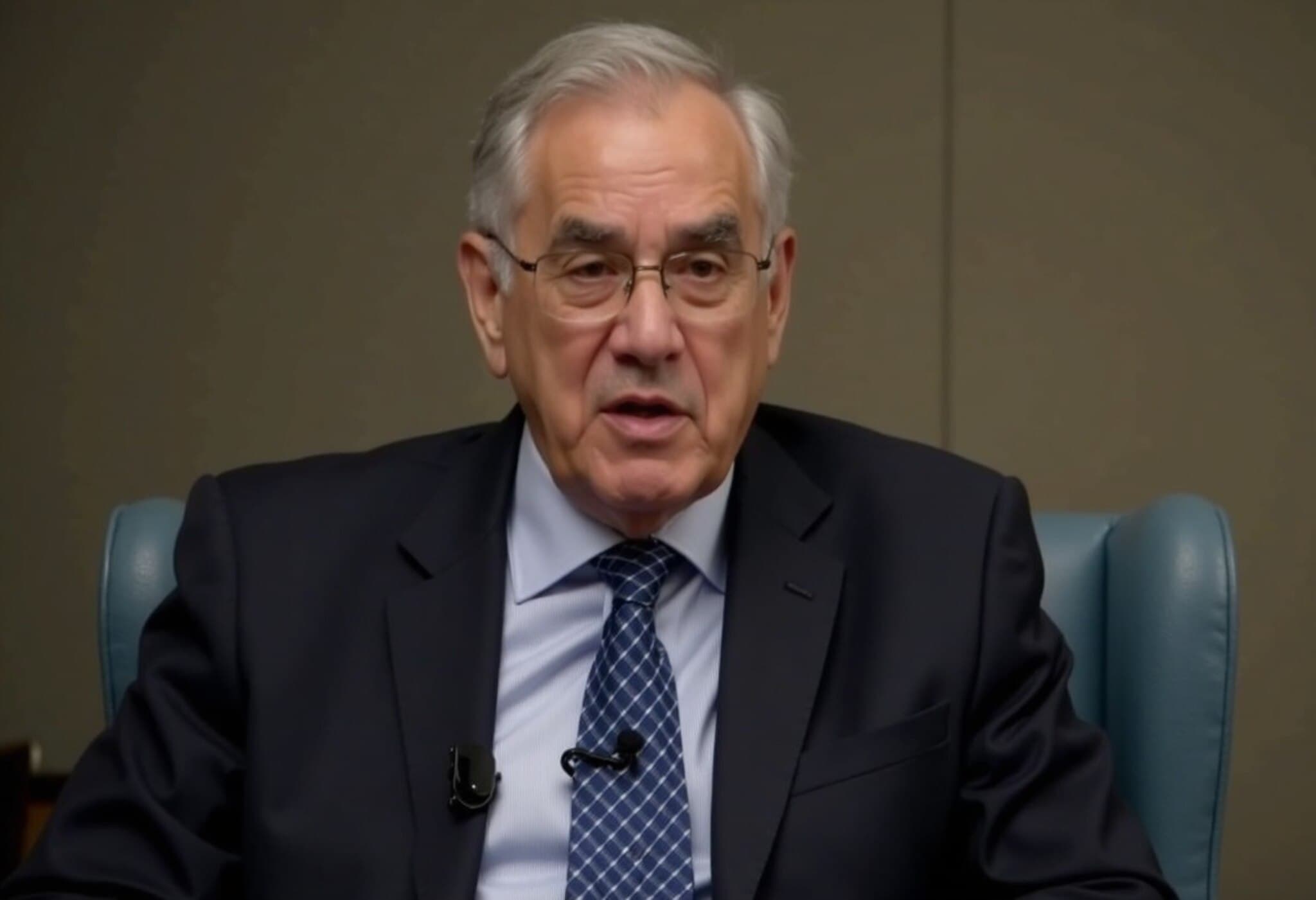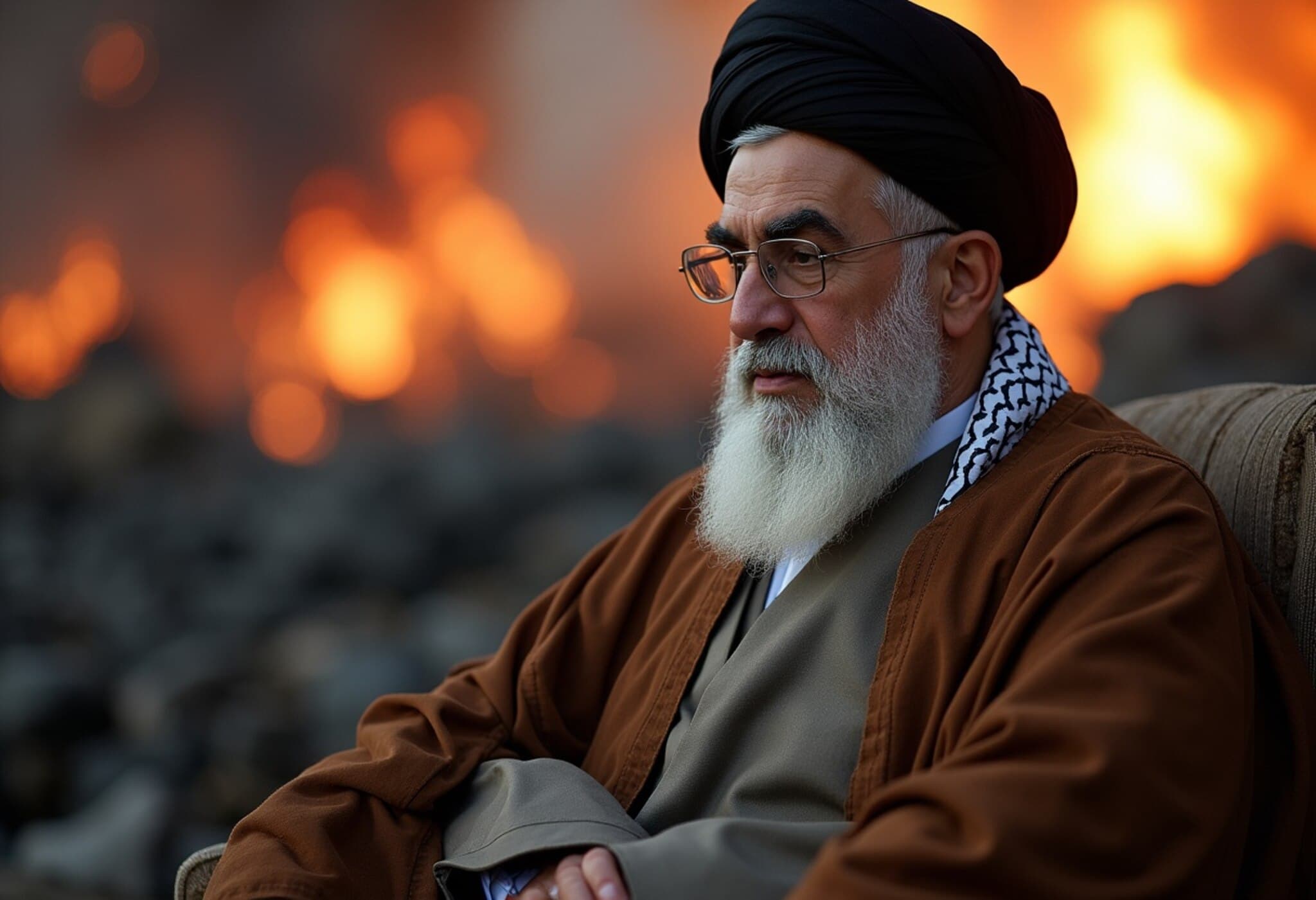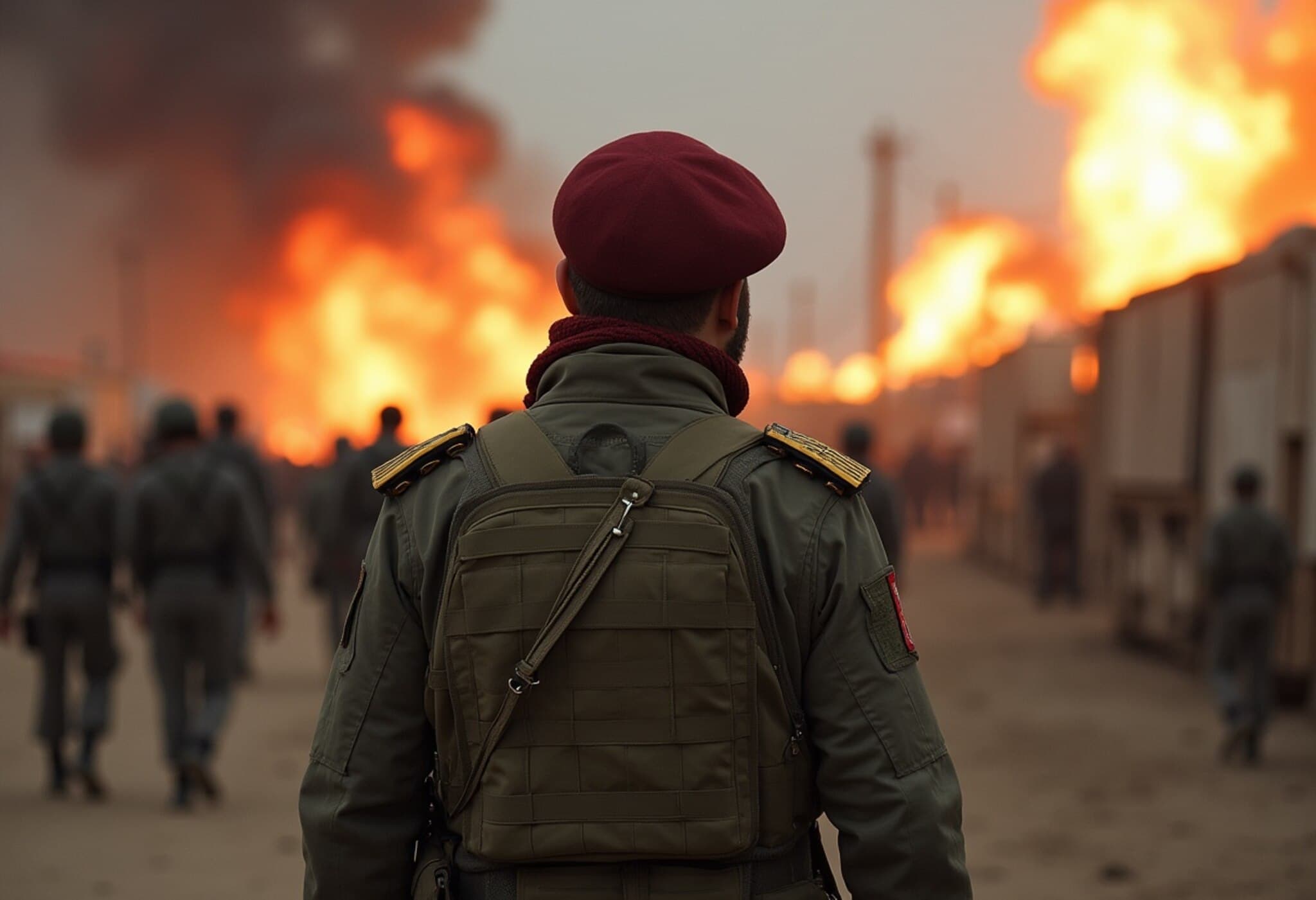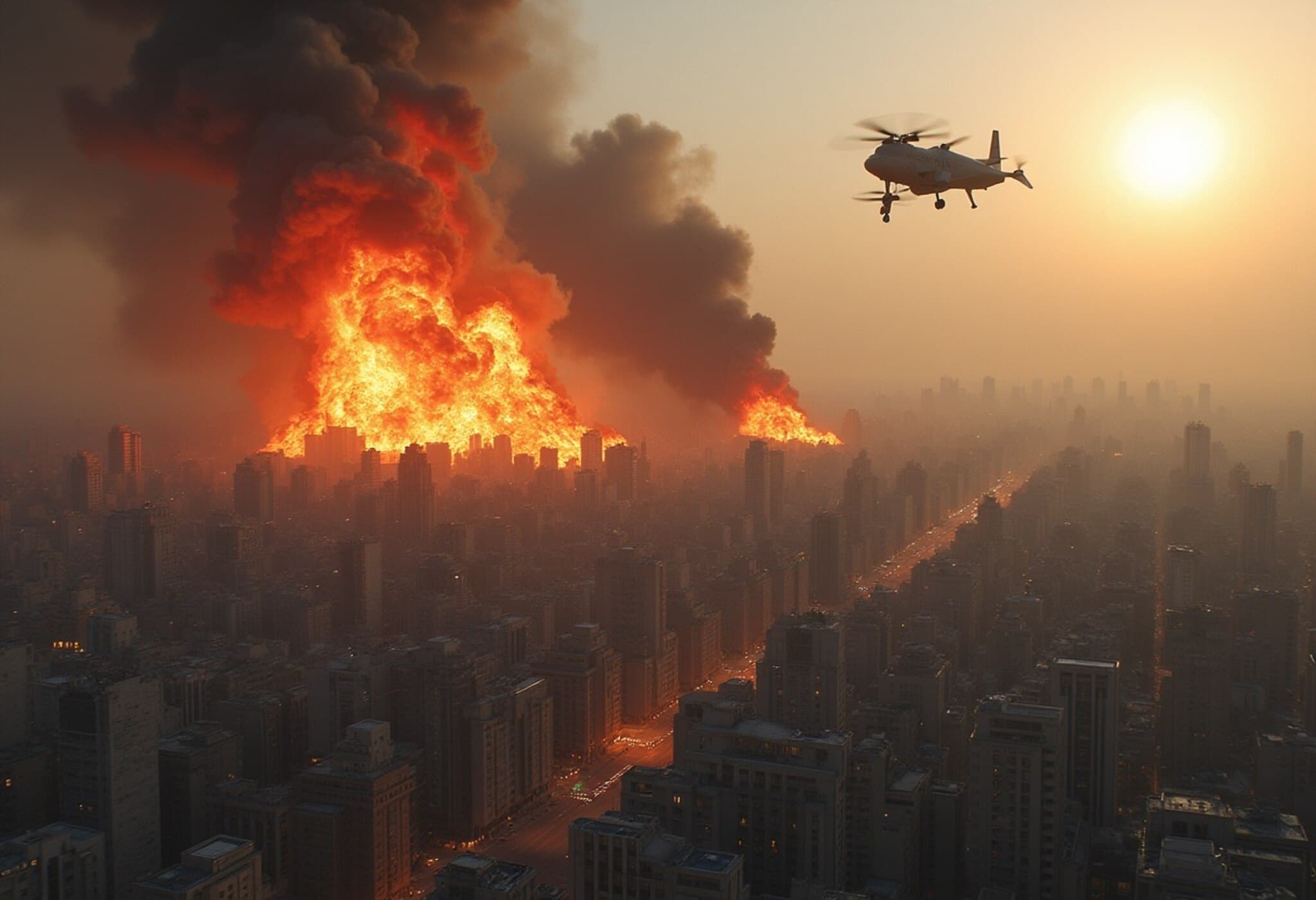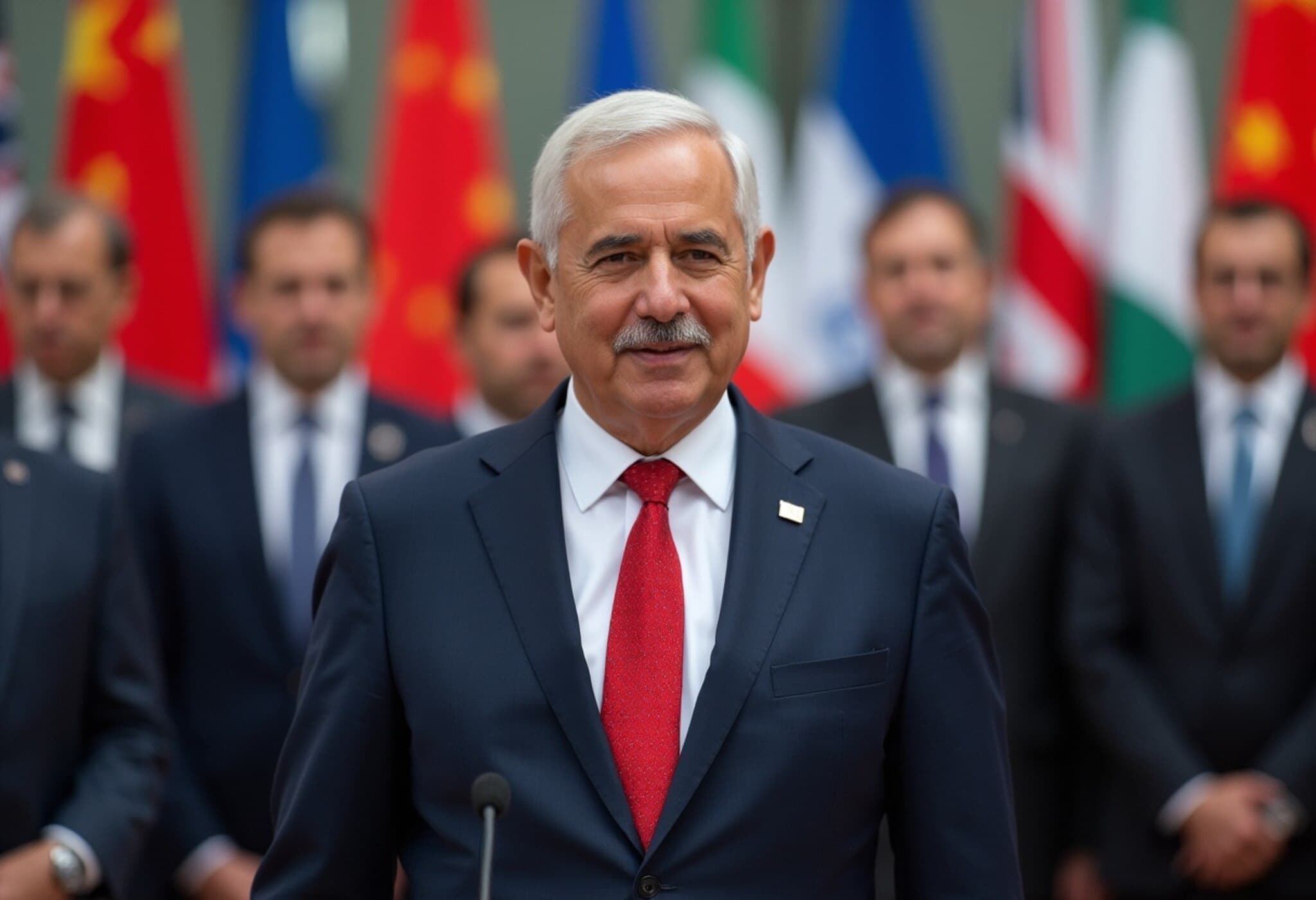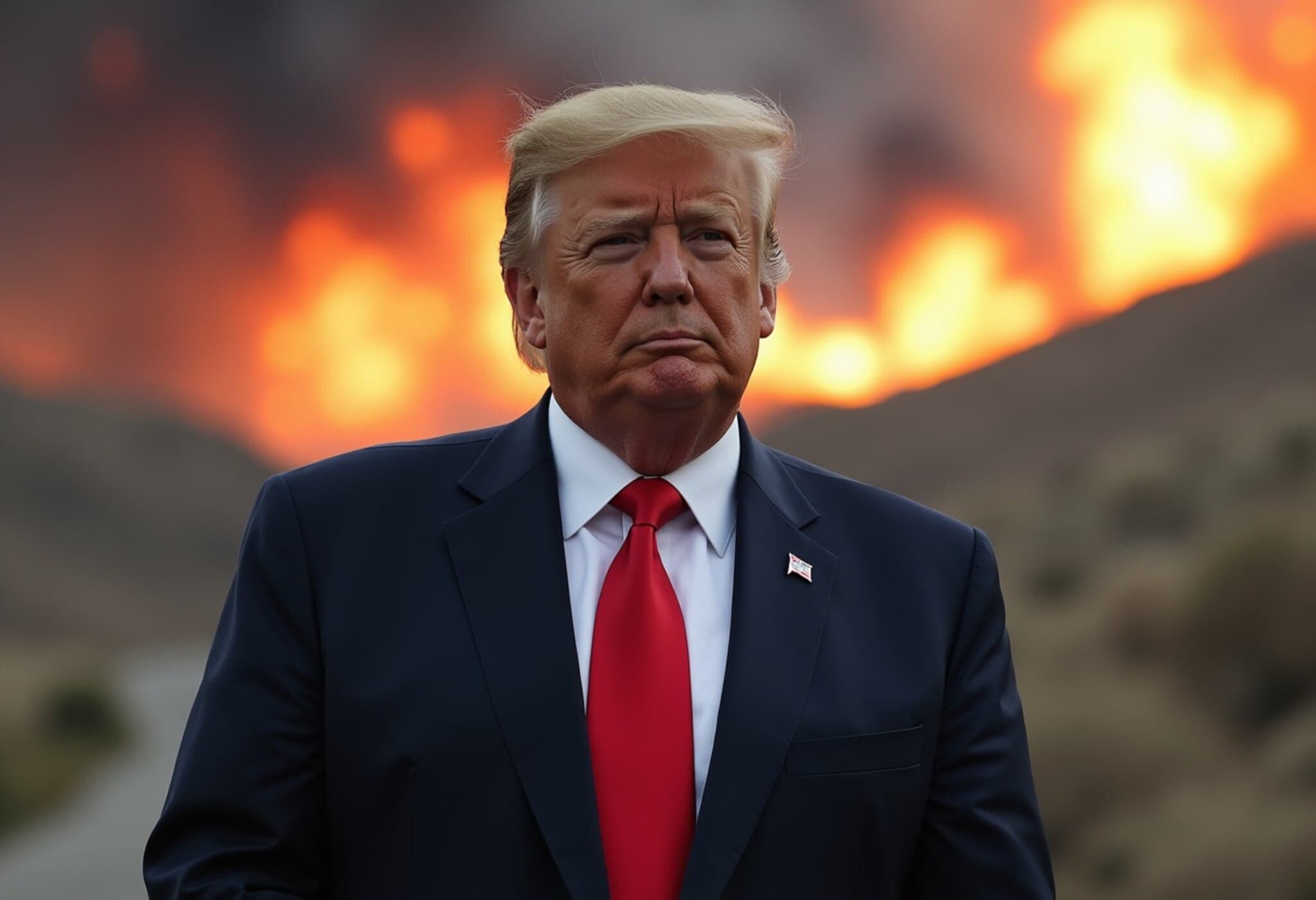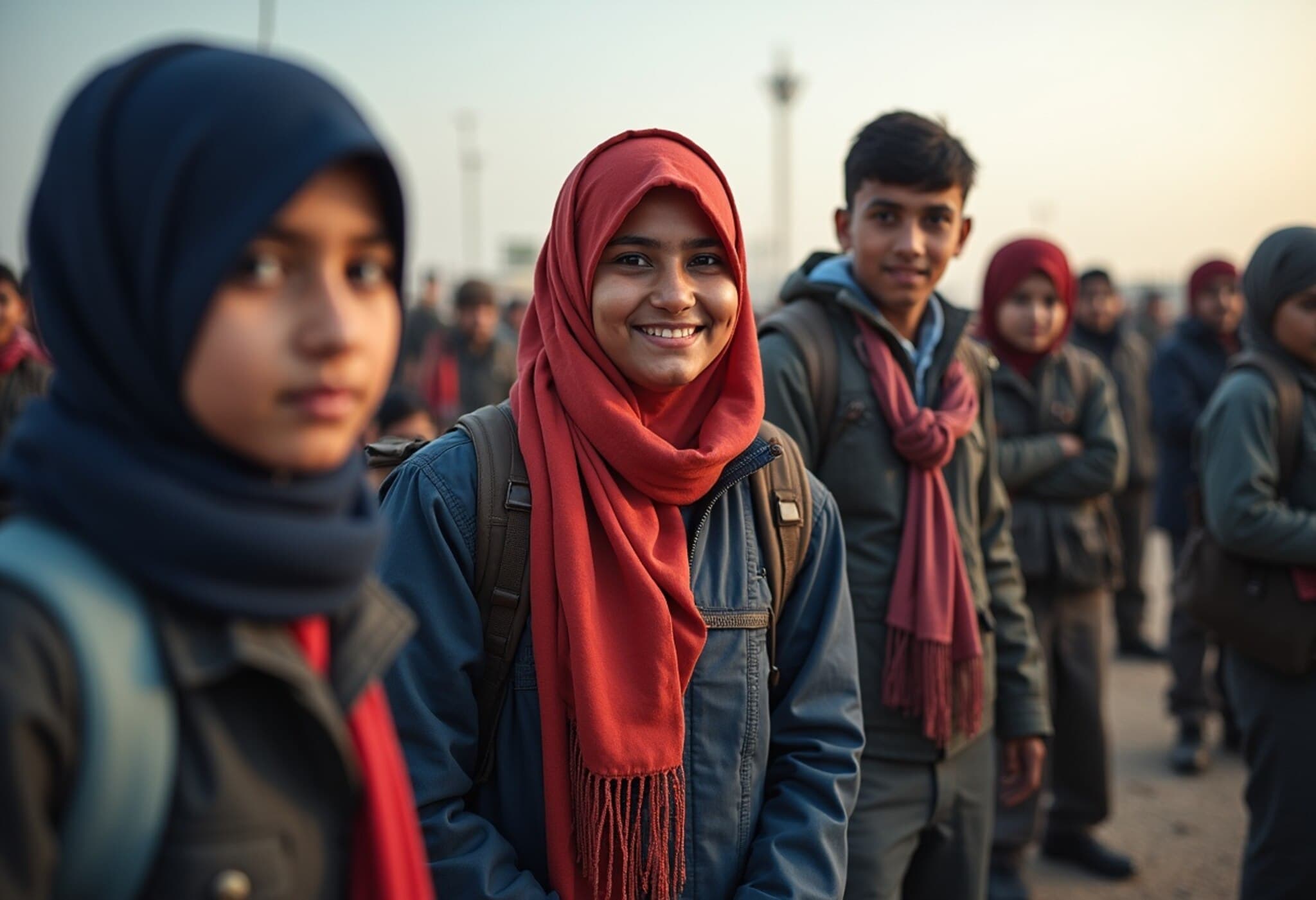European Foreign Ministers Set to Meet Iranian Counterpart in Geneva
The foreign ministers of the United Kingdom, Germany, and France are preparing to meet with Iran's deputy foreign minister, Abbas Araghchi, in Geneva this Friday. Although Iran has yet to confirm the meeting officially, the planned diplomatic engagement signals a significant development in the ongoing tensions across West Asia.
This potential dialogue emerges against the backdrop of heightened regional hostility, particularly following recent Israeli strikes against Iranian targets that have further escalated conflict fears.
Diplomatic Dynamics and Challenges for Israel
Should the meeting take place, it could present a notable diplomatic challenge for Israeli Prime Minister Benjamin Netanyahu, who recently authorized military attacks against Iran. Earlier this week, Araghchi held phone discussions with the three European foreign ministers, emphasizing Iran’s consistent position regarding its nuclear ambitions.
Araghchi firmly stated, “Iran has proven in action what it has always publicly committed itself to: we have never sought and will never seek nuclear weapons.”
Exclusion of U.S. Envoy and Iran's Stance
Notably, Araghchi declined a meeting with the U.S. Middle East envoy, Steve Witkoff, accusing U.S.-backed Israeli actions of being provocations motivated by Washington’s agenda.
Coordinated Efforts and Agenda for Friday's Talks
Prior to Geneva, the UK Foreign Secretary David Lammy is scheduled to confer with U.S. Secretary of State Marco Rubio in Washington to assess the latest Middle East developments. The upcoming discussions in Geneva will focus primarily on Iran's willingness to scale back or shut down its nuclear program, a key point of contention between Iran and Western powers.
Meanwhile, France, the UK, and Germany have voiced support for easing tensions through diplomatic means rather than military escalation. While affirming Israel’s right to self-defense under international law, these European nations have not endorsed any external imposition on Iran or openly backed Israel’s recent military actions.
Israel’s Response and U.S. Support
In the wake of intensified attacks, Israeli Prime Minister Netanyahu expressed his gratitude toward U.S. President Donald Trump for backing Israel’s defense efforts. Though the U.S. denies direct involvement in Israel's recent military campaign, it remains Israel’s primary supplier of advanced missile technology and air defense systems.
Reports suggest that American military assets in the Middle East, including a Navy destroyer, have played a role in intercepting Iranian ballistic missiles.
Netanyahu remarked in a televised statement, “I want to thank President Trump, a great friend of the state of Israel, for his support in defending our skies.”
Looking Ahead
The Geneva meeting represents a critical test of diplomatic channels at a time when military confrontation threatens to spiral out of control. The outcomes could influence the trajectory of regional stability and efforts to prevent further escalation between Israel and Iran.

